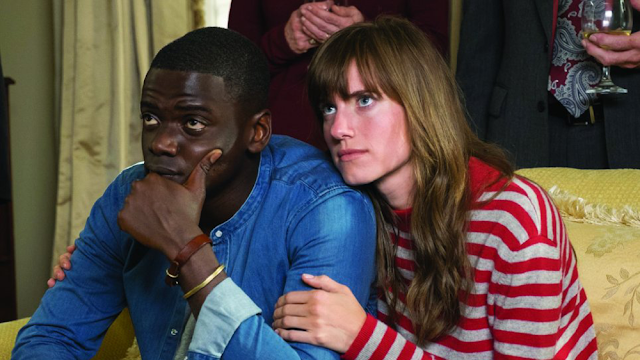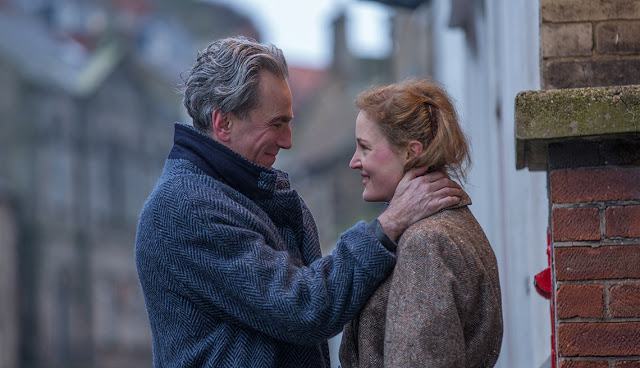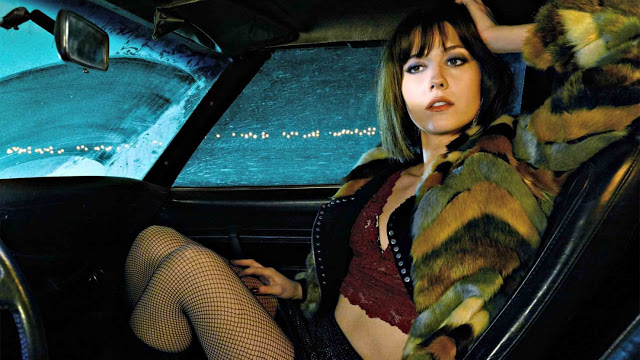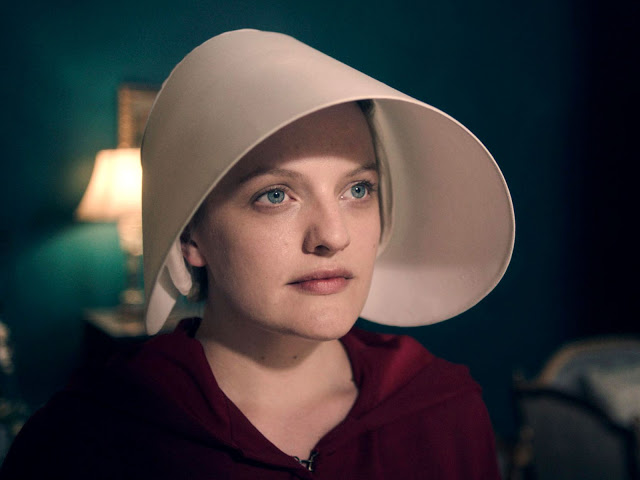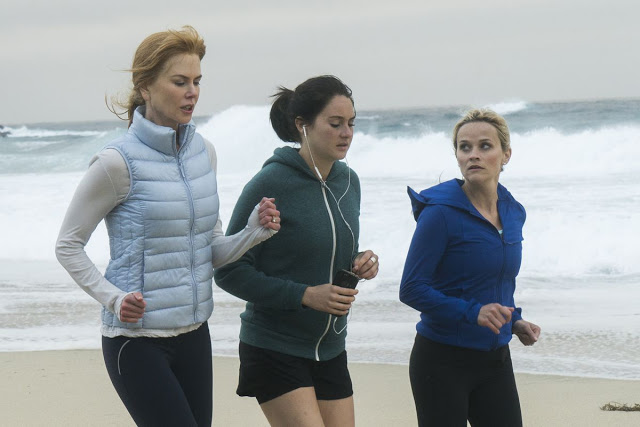Ranking Every Movie of 2017 (all 108 of them)
Yesterday, we posted our list of the 10 best movies of 2017. Today, per annual tradition, I’m ranking every single theatrical release of the year (well, except for all the ones I didn’t see). To be clear, this is a stupid and arbitrary exercise; if I made the same list from scratch tomorrow, I’m sure it would look dramatically different, especially the bottom half. But I like doing it because it serves as a recordkeeping function, and it encourages people to yell at me about my taste.
Housekeeping: For each movie that I formally reviewed, the hyperlink will take you to that review. I’m also including the Rotten Tomatoes and Metacritic scores for each film, just to show whether I conform to or diverge from the so-called critical consensus. And because I’m first and foremost a public servant, if a movie is currently streaming on a popular service, I’ll note that, just in case that nudges you into watching something from the comfort of your couch. Read More

